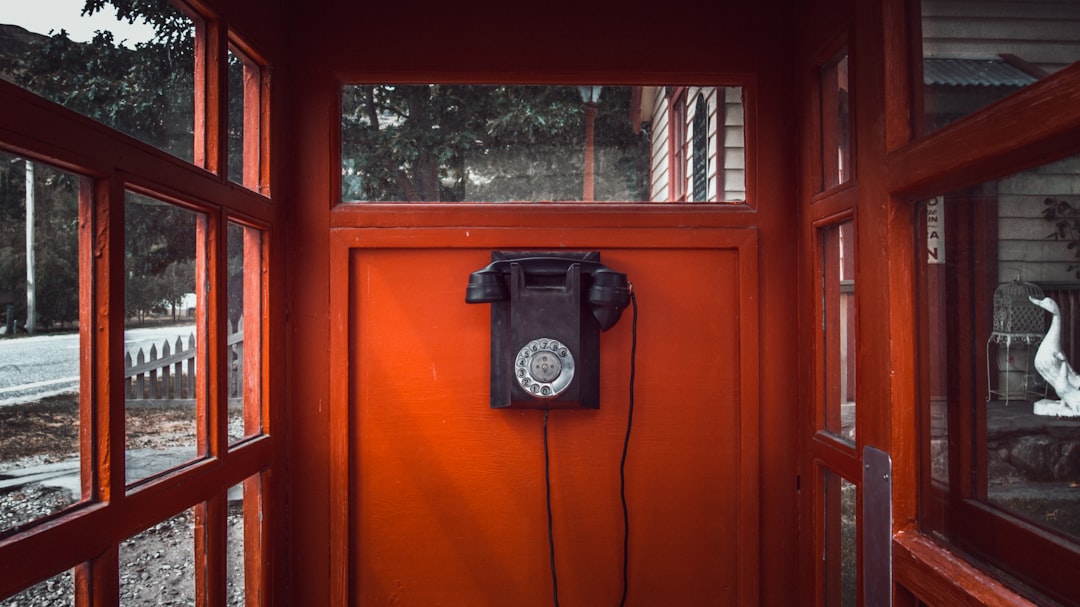In Louisiana, residents and businesses face a surge in spam calls, prompting proactive measures. The Telephone Consumer Protection Act (TCPA) provides legal recourse. Local communities form watch groups and educate residents on blocking calls, with sawmills promoting anti-spam practices. Individuals can protect themselves by registering on Do Not Call lists, using blocking apps, and consulting specialized Spam Call law firms or lawyers for TCPA guidance in Louisiana to stop unwanted interruptions effectively.
In Louisiana, local sawmills have emerged as unexpected champions in the fight against spam calls. This article explores the unique role these community hubs play in spreading phone security awareness. We delve into the specific challenges faced by Louisiana residents, highlighting the importance of understanding and adhering to the state’s Spam Call (TCPA) laws. Through case studies from Sawmill communities, we uncover practical steps everyone can take to reduce spam calls, offering valuable insights for those seeking effective solutions to this pervasive issue in How to Stop Spam Calls Louisiana. Connect with leading Spam Call law firms and lawyers in Louisiana for expert guidance.
The Unique Role of Local Sawmills in Community Engagement

Increasing Awareness: Spam Calls and the TCPA Law in Louisiana

In Louisiana, the growing prevalence of spam calls has become a significant concern for residents and businesses alike. With countless unwanted calls flooding in daily, it’s essential to understand the source and legal implications. The Telephone Consumer Protection Act (TCPA) is a federal law designed to curb these intrusive practices, offering a framework for consumers to take action against persistent spam callers. By knowing their rights, Louisianans can fight back effectively.
Spam call law firms and lawyers in Louisiana play a crucial role in educating the public about the TCPA and its provisions. They guide individuals on how to stop spam calls by providing legal remedies and ensuring compliance with the law. Understanding the mechanisms of these laws empowers residents to take proactive measures, such as registering their phone numbers on “Do Not Call” lists, seeking legal advice when necessary, and reporting suspicious calls to the relevant authorities.
Sawmill Communities: A Model for Effective Anti-Spam Call Strategies

In many rural areas of Louisiana, particularly those with a strong logging and sawmill industry, communities have developed unique strategies to combat spam calls, reflecting a collective determination to protect their peace and quiet. These “sawmill communities” offer valuable insights into effective anti-spam call methods. By fostering a culture of awareness and implementing local initiatives, they’ve successfully reduced unwanted phone interruptions. One key approach is organizing neighborhood watch-like programs where residents share information about suspicious calls and collaborate on blocking techniques.
Moreover, these communities often engage with local sawmills to promote industry-wide adoption of anti-spam call practices. Sawmill owners and operators, as business leaders within the community, play a crucial role in disseminating knowledge about spam call laws, such as the Telephone Consumer Protection Act (TCPA). Workshops and informational sessions are organized to educate employees and nearby residents on how to stop spam calls Louisiana, empowering them with the tools and understanding needed to combat this modern nuisance. This collaborative effort not only benefits individual households but also contributes to a quieter, more peaceful environment for the entire region.
Legal Aspects: Understanding Spam Call Laws with a Louisiana Focus

In Louisiana, understanding and adhering to spam call laws is crucial when it comes to protecting residents from unwanted phone calls. The Telephone Consumer Protection Act (TCPA) is a federal law that regulates telemarketing practices and offers consumers significant protections against spam calls. It’s essential for local sawmills and businesses to familiarize themselves with these regulations, especially when engaging in outbound phone marketing. A spam call law firm in Louisiana can provide guidance on navigating the TCPA, ensuring compliance, and offering strategies to minimize potential legal repercussions.
To stop spam calls in Louisiana, both individuals and businesses have recourse. One effective method is to register on Do Not Call lists. Additionally, using specific tools or apps designed to block unwanted calls can significantly reduce the volume of spam received. If a business receives a complaint about its calls, it’s advisable to seek legal counsel from experienced spam call lawyers in Louisiana to understand their obligations and rights under the TCPA.
Practical Steps to Reduce Spam Calls: Lessons from Louisiana's Sawmills

In Louisiana’s sawmill industry, where efficiency and safety are paramount, workers have long employed practical steps to reduce unwanted interruptions—a parallel to the challenges posed by spam calls. By implementing strict protocols for incoming communications, mills ensure productivity and protect valuable time. Similarly, individuals can adopt these strategies to combat spam calls in How to Stop Spam Calls Louisana. One effective method is to register on the Do Not Call Registry, a move supported by Louisiana’s Spam Call law firms. This simple step significantly reduces unwanted calls from telemarketers.
Furthermore, using call-blocking apps or integrating advanced phone security systems can act as robust defenses against spam calls. Many of these tools learn to identify and block specific patterns associated with spam. In addition, being cautious about sharing personal information online is crucial, especially on social media platforms where scammers often gather data. Individuals should also consider hiring a lawyer for TCPA Louisana who can offer guidance tailored to Louisiana’s Spam Call laws, ensuring comprehensive protection from these relentless calls.






